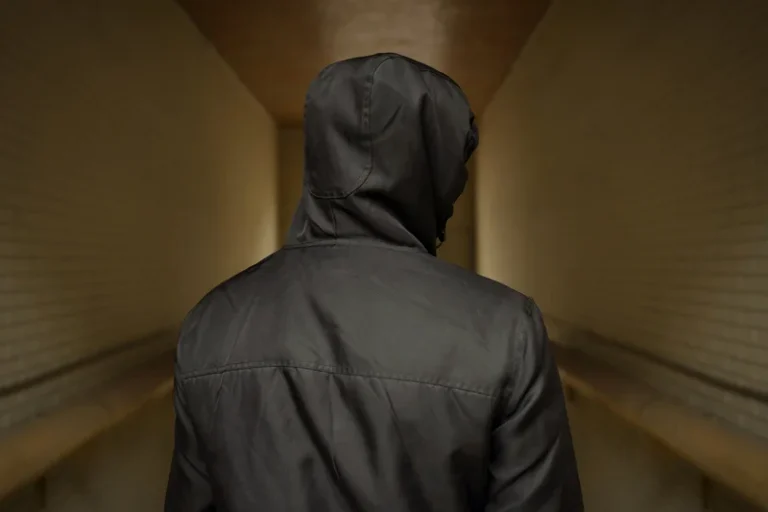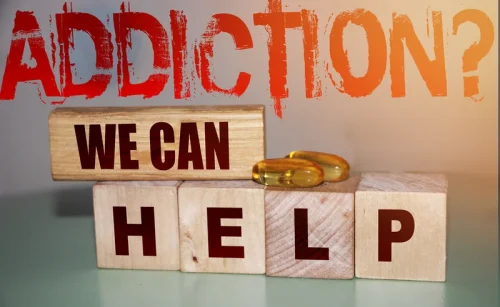
Snoring may well disturb your own sleep by waking you up – but it is likely to cause problems for partners too. If you are experiencing serious medical symptoms, please see the National Library of Medicine’s list of signs you need emergency medical attention or call 911. “You’re more likely to be tired and disoriented and have difficulties concentrating,” Dr. Winter says. Maybe you had a cocktail (or two) after dinner, or winding down with a chilled glass of chardonnay is part of your nightly routine. Sets the record straight on all the habits and behaviors you’ve heard might be unhealthy. Alcohol also impacts other chemicals like adenosine, which prevents the brain from becoming stimulated.

How to prevent disrupting sleep after drinking
In addition to altering your sleep architecture, alcohol can disrupt your sleep by interfering with contributing to sleep disorders and interfering with circadian rhythms. Of course, good drinking and sleeping habits alone won’t be successful in treating sleep apnea symptoms as the disorder is a serious medical condition that requires proper treatment. One treatment available is an oral appliance, which looks similar to a retainer or mouthguard and props the jaw forward during sleep, allowing for better airflow.

How to Fall Asleep Without Drinking Alcohol
Long-term alcohol use negatively affects REM cycles and decreases sleep quality. Over time, sleep deprivation can increase the risk of several chronic health conditions. Many people with insomnia may have difficulty falling asleep at night.
Night Eating Syndrome: Symptoms, Causes, and Treatments
- There is a higher prevalence of insomnia in people with ADHD and AUD, but consuming alcohol to manage insomnia generally worsens sleeplessness.
- Daily drinking can have serious consequences for a person’s health, both in the short- and long-term.
We all know someone who feels merry following their first drink and we know others who appear unfazed by pint after pint. Too many pints — or that extra glass of wine — can be the trigger for waking up bathed in sweat with your pillow soaking wet. However, the problem with alcohol comes later in the night when alcohol has a number of negative effects. Alcohol will undoubtedly help to send you off to sleep as it actually works on the same receptors in the brain that are targeted by some sleeping tablets. Drinking alcohol relaxes the muscles around your throat, making you more likely to snore too. This is because alcohol can make the tissue in the nose swell, which can cause congestion and create a need to breathe through the mouth, making you snore.
Individualized, evidence based treatment, to fit your needs.
- Alcohol also impacts other chemicals like adenosine, which prevents the brain from becoming stimulated.
- However, the reality is that alcohol has more of an adverse effect on sleep than a positive one.
- For people who snore or who have sleep apnea—a disorder that causes repeated pauses in breathing during sleep—drinking alcohol tends to aggravate symptoms.
- Alcohol before bed has been shown to lead to fragmented sleep and frequent waking.
- The same increase in risk factor applies to people who typically binge drink, rather than those who only consume alcohol in moderation.
“Similarly, if you tear it up once a year, it’s probably irrelevant, but understand that [you’ve] missed out on your [restorative sleep] that night,” he says. “On the other hand, if you’re drinking at night 30 percent of the time, then you are making the decision to turn your back on the normal synthesis and release of growth hormones.” After initially lulling you into a few hours of deep sleep, alcohol then triggers a series of disruptions throughout the second half of the night. “In the first half of the night, alcohol increases the amount of time you spend in slow-wave sleep,” Dr. Shelgikar says. Moreover, it can take one hour for your body to process one serving of alcohol. If you’ve had several drinks, it’s best if your last drink is finished at least several hours before you go to bed.
Possible links between alcohol and insomnia
People who typically snore or who have obstructive sleep apnea tend to display more severe snoring and lower blood oxygen levels after drinking alcohol, especially when they drink close to bedtime. People who regularly drink alcohol are 25% more likely to have obstructive sleep apnea, although the connection may be partly due to other shared risk factors such as obesity. Although consuming alcohol before bedtime helps you fall asleep faster, the popular beverage negatively affects overall sleep quality. When you consume alcohol before bed, your body metabolizes the alcohol throughout the night.

Alcohol may be consumed in beer, wine, and hard liquors like vodka, rum, gin, and whiskey. It is more often consumed at night, also called a nightcap, and may negatively affect your sleep. While alcohol can make you feel tired at first, it can also disturb your sleep as it wears off. With help from experienced professionals, substance use and co-occurring insomnia can be treated effectively. If you believe your drinking may be problematic, you may learn about the differences between casual and problematic drinking by taking a self-assessment.
Piedmont Healthcare
- People with sleep apnea should consider avoiding or reducing alcohol consumption.
- It is more often consumed at night, also called a nightcap, and may negatively affect your sleep.
- Although even a single cocktail affects sleep quality, the less you knock back, the better.
- Your health and wellness is unique to you, and the products and services we review may not be right for your circumstances.
- The duration of these sleep stages can vary by person and by age.
Alcohol in your body inhibits the release of vasopressin, your body’s natural anti-diuretic hormone. Usually, your brain releases anti-diuretic hormone as needed to tell your kidneys to hold onto water. An uncomfortable sleep environment can make getting a good night’s rest challenging. Dr. Seema Khosla is the medical director does alcohol help you sleep of the North Dakota Center for Sleep and a medical advisor for MedBridge Healthcare. She is also a fellow of the College of Chest Physicians, as well as the American Academy of Sleep Medicine (AASM). Dr. Khosla runs a telemedicine outreach program that serves rural areas in North Dakota and has done so for the past decade.

